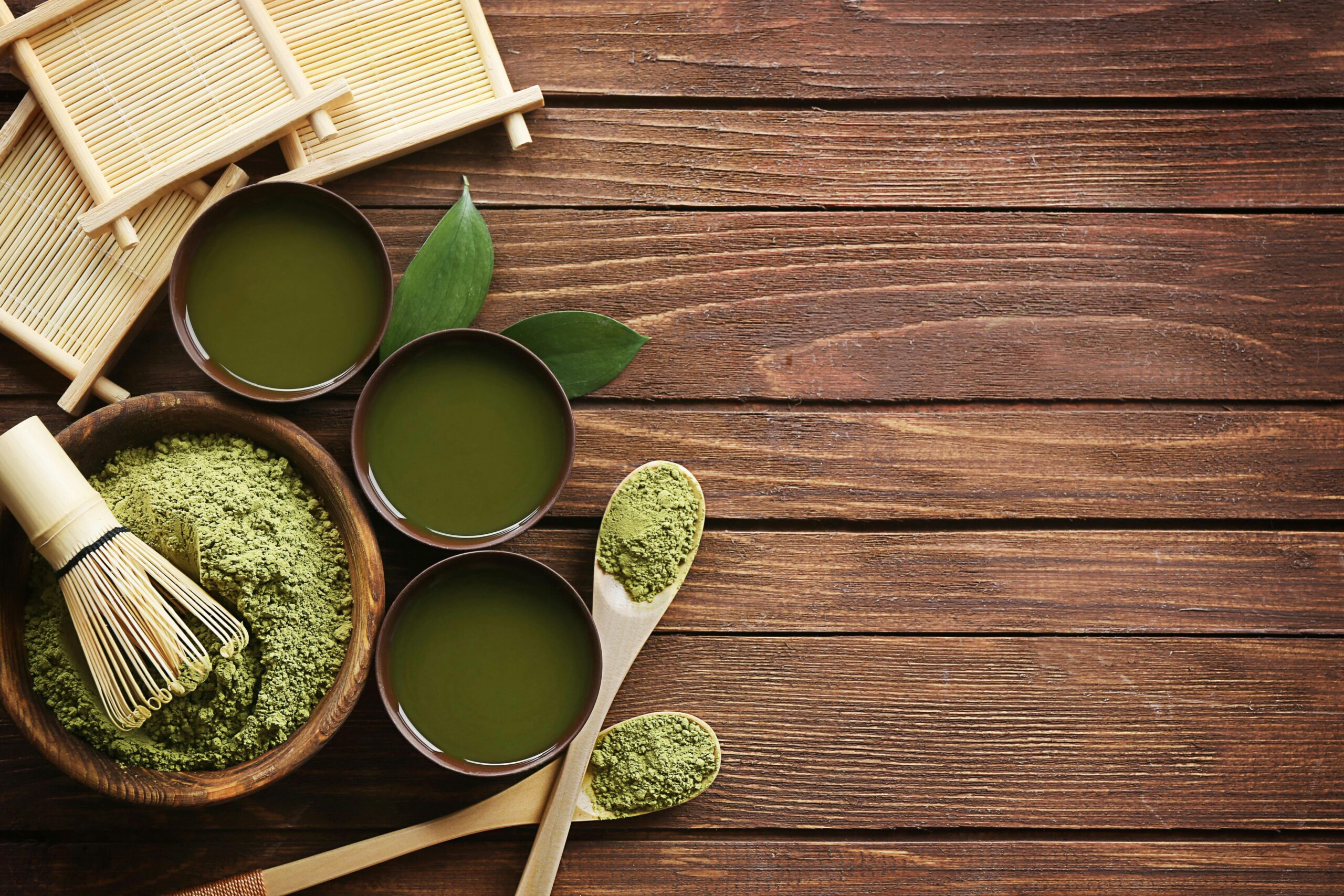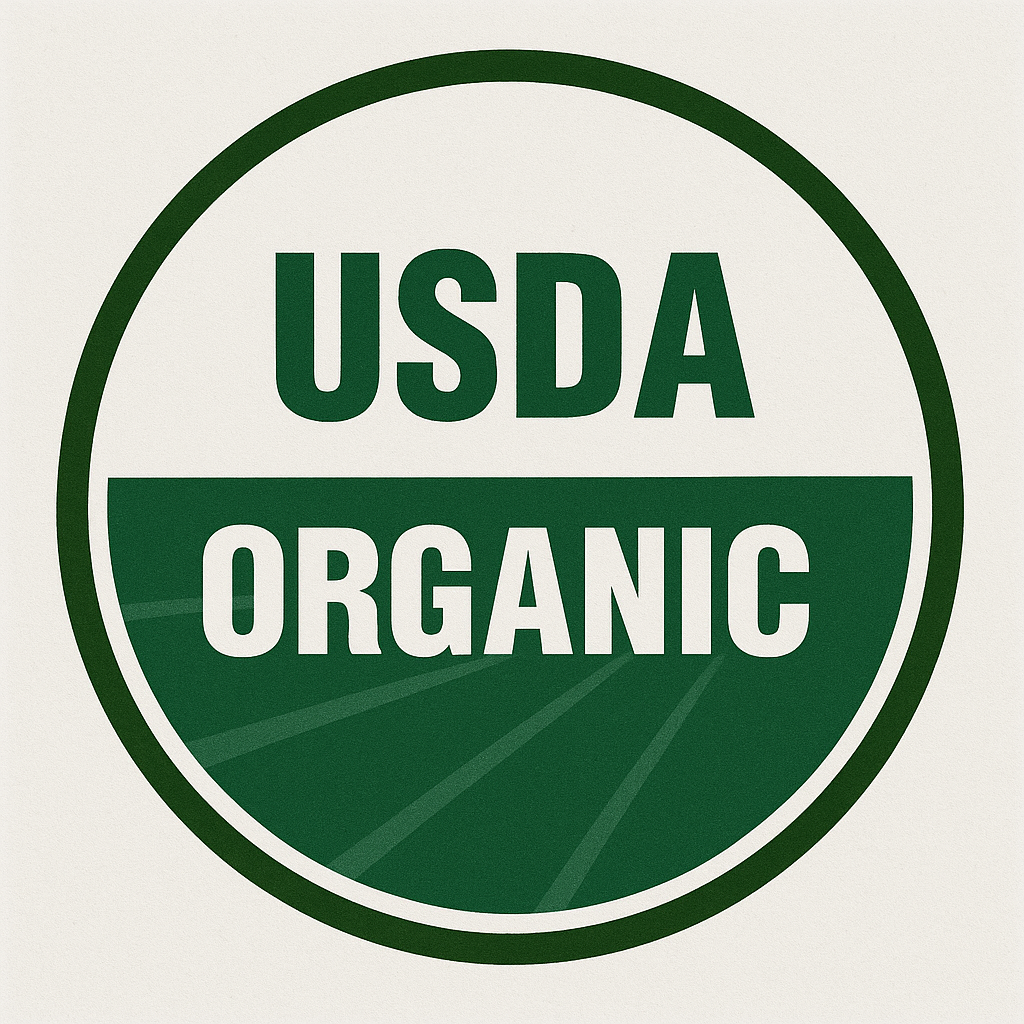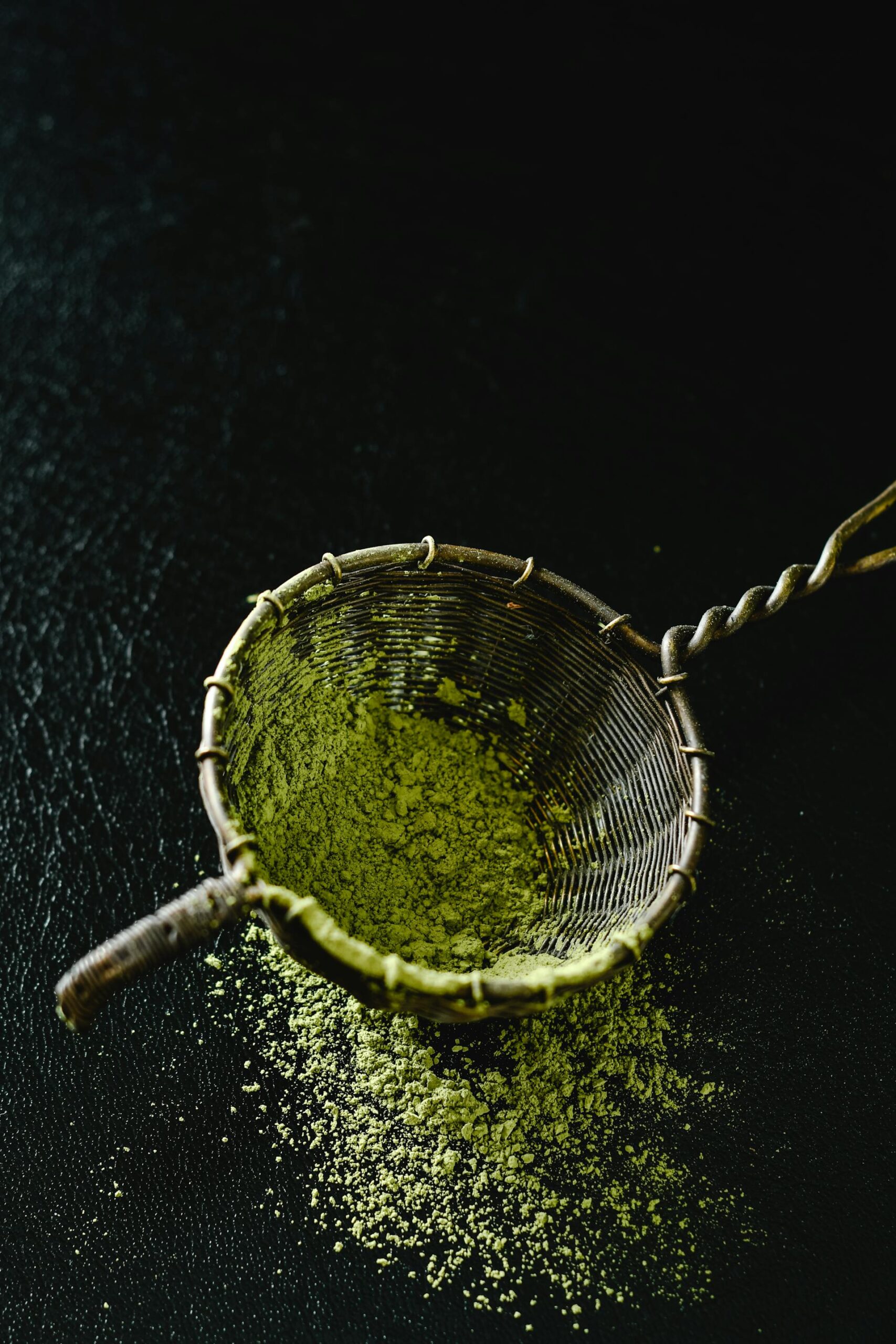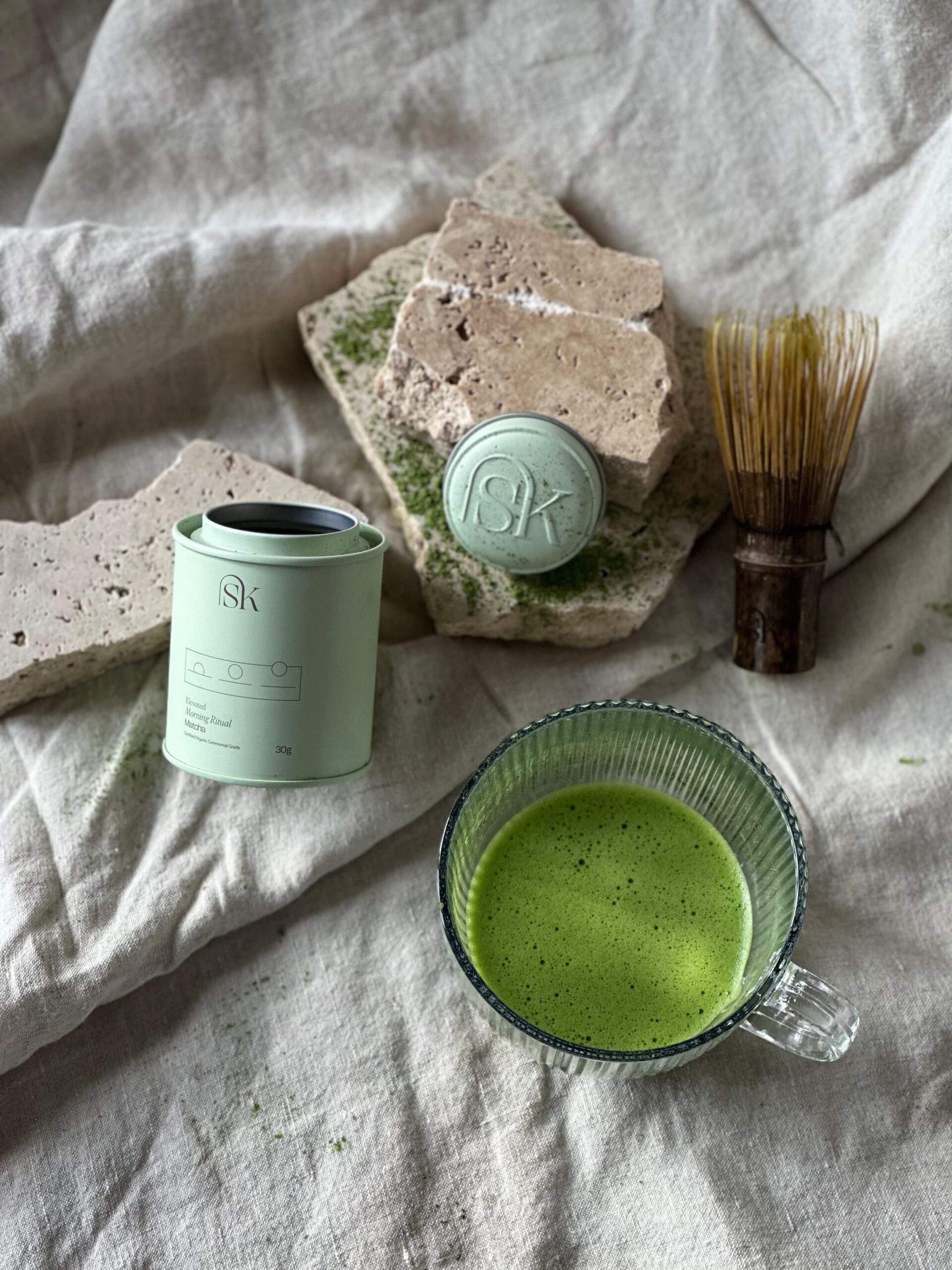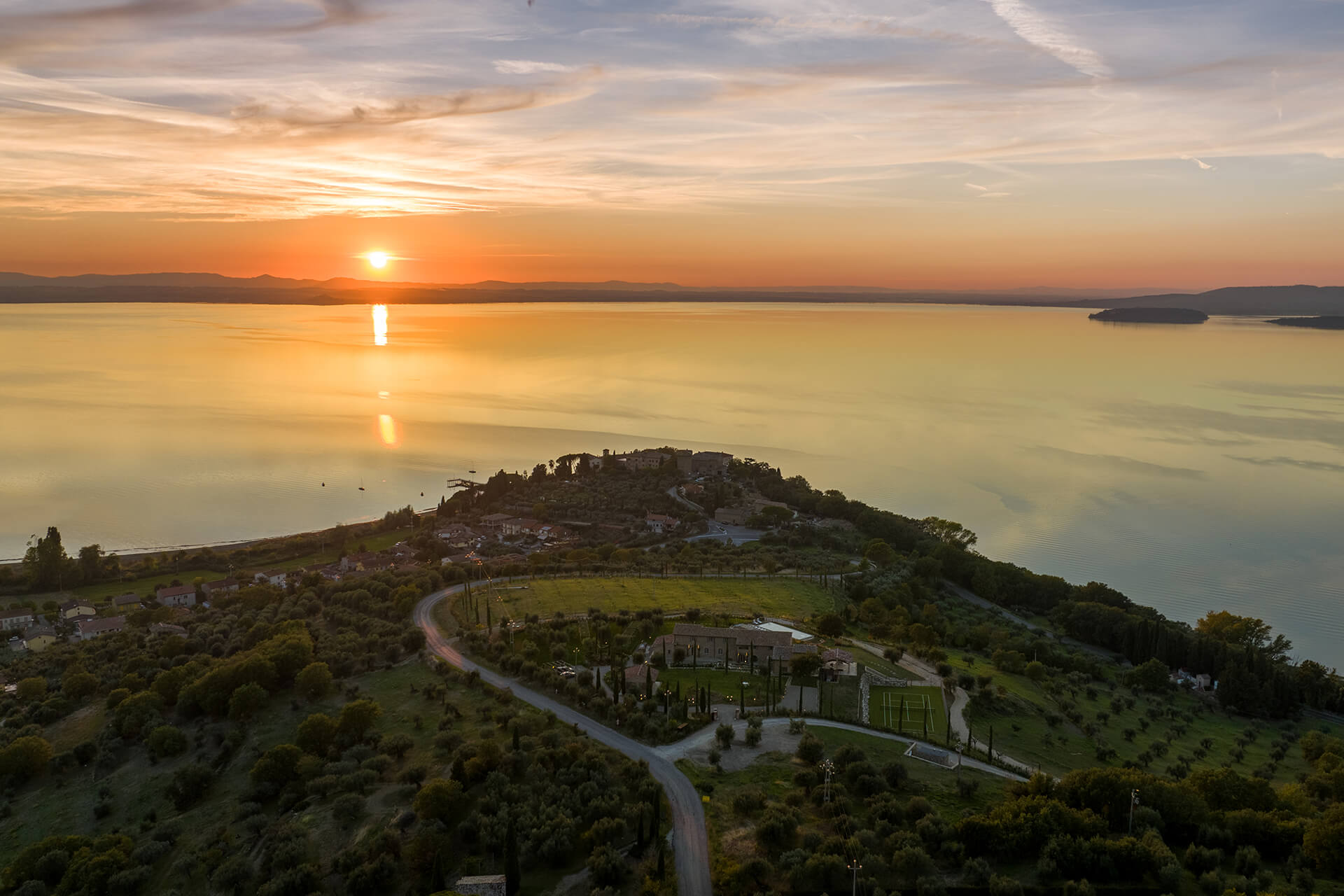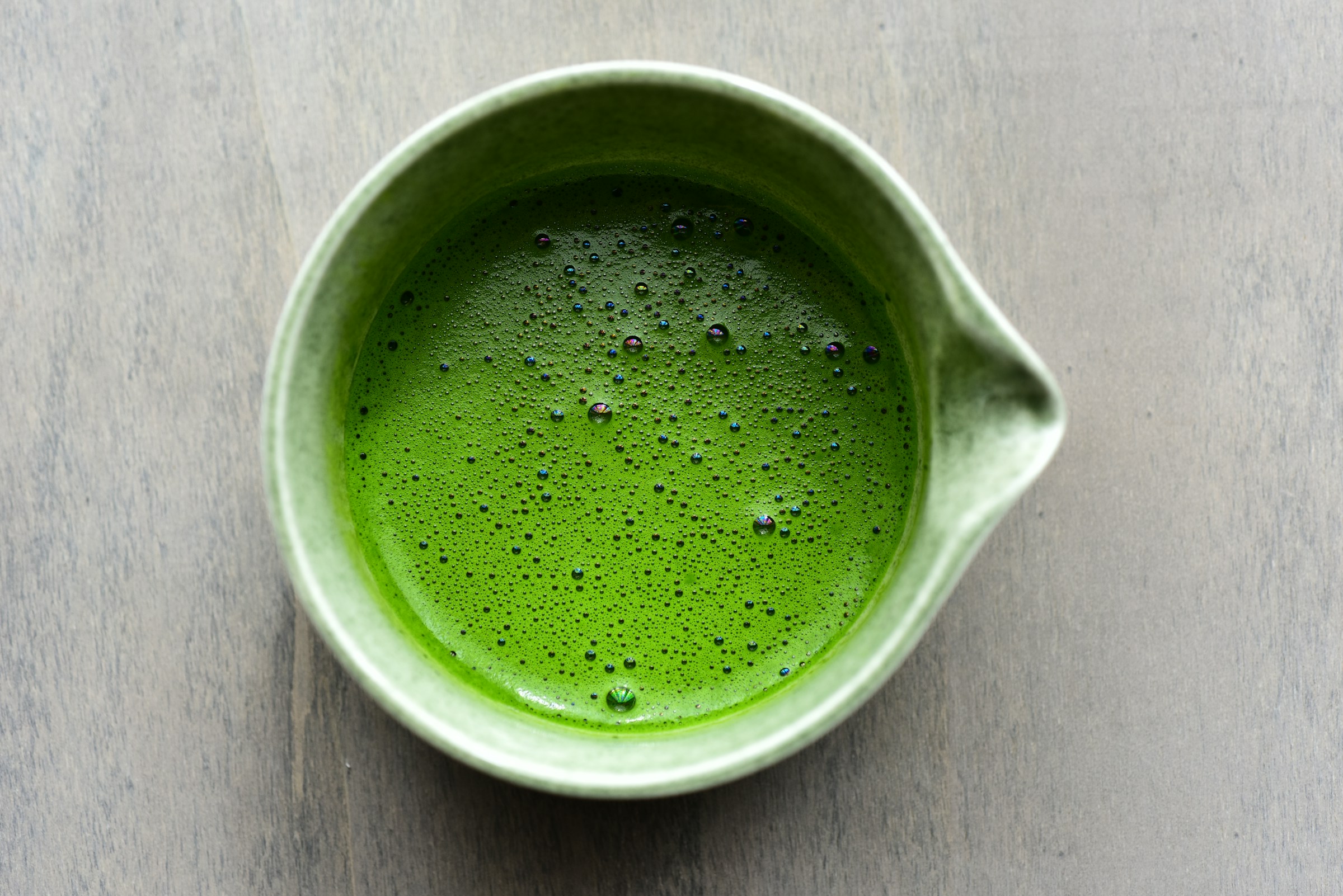
How To Recognize High-Quality Matcha + Why Ours Is Almost Always In Stock
Matcha has exploded in popularity for many delicious and nutritious reasons. From viral lattes and dreamy desserts to the Japanese supply shortage making global headlines, matcha has reached superfood status among health-conscious foodies, culinary artisans, and holistic wellness seekers. Rooted in the meditation practices of Zen Buddhist monks, matcha is a centuries-old Japanese tradition with scientifically-backed health benefits.
Matcha’s Health Benefits & Cancer Prevention
Matcha is linked to reduced stress and improved gut, brain, and heart health. For many (including myself) swapping coffee for matcha has been a life-changing ritual. Along with antioxidants, vitamins, minerals, and chlorophyll, matcha’s combination of L-theanine and caffeine delivers calm, sustained energy without jitters, crashes, or stomach upset.
Harvard-trained disease researcher, world-renowned physician, and longevity doctor Dr. William Li recommends matcha for its high EGCG (epigallocatechin gallate) content. Matcha is one of the richest food sources of EGCG, a polyphenol and antioxidant that protects DNA, improves metabolism, “lowers blood pressure, improves blood lipids, restores homeostasis of immune cells,” and regulates cholesterol.
Dr. Li highlights a recent discovery that the presence of EGCG in green tea “can kill cancer stem cells by starving them of the vital blood supply they need to metastasize,” suggesting protective effects against colon and other cancers.
Green Tea vs. Matcha
Matcha is green tea powder. Matcha is mixed directly into water using a chashaku (bamboo scoop), sieve, chasen (bamboo whisk), and chawan (bowl), to create a smooth, gentle froth.
Steeping green tea leaves only gives you a fraction of the nutrients, but when you drink matcha, you’re consuming the entire green tea leaf. Dr. Li recommends matcha as the best way to get green tea’s full spectrum of antioxidants and catechins. Ceremonial grade matcha can provide 3 times more antioxidants than high quality green tea, 120 or more times the antioxidant content of low-grade green tea, and 5 times more L-theanine than regular green tea.
Ceremonial vs. Culinary Grade Matcha
When shopping for matcha, looking for “ceremonial grade” or “culinary grade” is a helpful starting point, but don’t rely on these labels alone. These aren’t traditional Japanese terms, and their use in marketing is not regulated.
Ceremonial grade matcha is considered the highest quality and most sought-after type, offering the greatest nutritional potency, the most vibrant color, and the smoothest, most delicate taste. Culinary grade matcha is duller, coarser, and more bitter. Culinary matcha is sold at a lower price and used for making baked goods and desserts, not whisking drinks.
Matcha’s worldwide social media hype combined with Japan’s supply shortage has brewed up a wave of brands offering inferior products labeled “ceremonial grade” at premium prices. They’re hoping to cash in on consumers who want to join the matcha movement but aren’t yet aware of how to find the best matcha.
Learn to shop with confidence by recognizing the key differences between high-quality and low-quality matcha.
Green Flags: High-Quality Matcha
- Sourced from young tea leaves of the first harvest
- Vibrant bright green color, a result of high chlorophyll content from shade-grown cultivation
- Certified organic (no chemicals or synthetic pesticides)
- Smooth, umami flavor with natural sweetness & minimal bitterness
- Fine, delicate consistency that feels soft, not gritty, in texture
- Stone-ground with minimal heat to preserve taste and nutrients
- Lab-tested for heavy metals and mold (a non-negotiable for me)
- Sourced directly from Japan (the origin of true ceremonial matcha)
- Sealed airtight and refrigerated in the dark until it reaches you to keep every antioxidant intact
You’ll find all of these green flags in Shayna’s Kitchen Certified Organic Elevated Morning Ritual Matcha.
Red Flags: Low-Quality Matcha
- Dull, brownish olive green or yellowish green—oxidation, or cultivation under high sun exposure
- Harsh or bitter flavor with astringent aftertaste—older leaves, or leaves mixed from different harvests
- Clumpy or coarse powder texture—large-scale production
- Labeled “Uji Matcha” but made outside of Japan
Matcha quality varies widely, with significant differences in taste, nutrient content, and appearance depending on its farming, production, storage, and packaging.
With high international demand squeezing Japan’s matcha supply, some brands are sourcing low-quality matcha from China. Some Chinese matcha powders are even packaged and labeled to suggest Japanese origin and quality.
Tea is a plant, which means it absorbs nutrients and any contaminants, such as lead, directly from the soil. The soil quality of all food, including matcha, affects its taste, nutrient density, and safety. Seasonality of food also determines when it is most ripe, delicious, and nutritionally rich, making harvest timing critical.
China is home to many amazing teas, but devotees of Japanese matcha won’t experience it in anything made outside of Japan. Tea has a terroir; Japanese tea leaves differ in flavor, aroma, and color from teas cultivated anywhere else due to differences in the soil, climate, and altitude.
Shayna’s Kitchen Matcha Is Reliable & Almost Always In Stock
I’ve been in love with matcha for over 12 years, since discovering it in my 20s as a holistic chef. I believe that sourcing is the most important characteristic of matcha, which is why I’ve sourced the very best from a single farm in Uji, Kyoto, Japan.
For authentic, exquisite Japanese matcha delivered to your door, sign up for Shayna’s Kitchen Matcha Subscription and get 20% off eco-friendly refills.
- Fresh, small-batch production ensures quality control
- Direct-from-farm partnerships reduce delays and middlemen
- Certified organic in both the USA (USDA) & Japan (JAS)
- Ethical sourcing and sustainable farming supports local communities and ecosystems
- Our subscriber-reserved inventory ensures that your matcha arrives on time, even if general inventory sells out
Subscribe & Save 20% Today: Certified Organic Single-Origin Japanese Ceremonial Matcha
Questions about matcha? Ask @shaynaskitchen on Instagram & TikTok
She Who Returns: Join Our Community
Spirituality & Wellness Retreats: Upcoming Dates & Locations
Learn & Grow: Shayna’s Masterclasses
